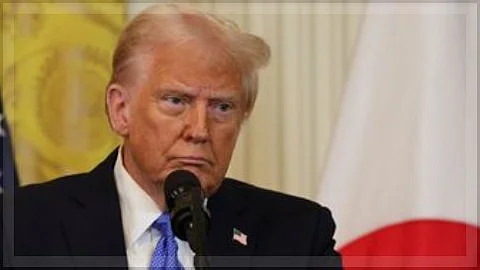

United States President Donald Trump has announced his intention to impose tariffs of approximately 25 percent on imports of automobiles, semiconductors, and pharmaceuticals, with the announcement expected as early as April 2. Should these new duties be enacted, they would further escalate the president's ongoing trade conflict. Previously, he had declared 25 percent tariffs on steel and aluminum, which are scheduled to take effect in March. On Tuesday, he provided detailed information regarding additional sectors that would face new trade barriers.
On April 2, I will likely inform you that the rate will be approximately 25 percent, Trump stated to reporters at his Mar-a-Lago club when questioned about his strategy regarding auto tariffs. In response to inquiries about similar tariffs on pharmaceutical products and semiconductor chips, the president indicated, "It will be 25 percent and potentially higher, and it will increase significantly over the course of a year." Trump expressed his intention to allow companies "time to establish themselves" prior to the implementation of new import taxes. "When they set up their plant or factory in the United States, there will be no tariff, so we aim to provide them with a bit of an opportunity," he remarked, as reported by Financial Post.
Numerous economists, as reported by Financial Post, indicate that such actions would likely increase consumer prices for Americans and impede efforts to combat inflation. Trump has also declared his intention to impose "reciprocal" tariffs on a country-by-country basis starting in April, although specific details remain to be finalized. Additionally, he has threatened to implement duties on some of the United States' largest trading partners, including a 10 percent tariff already in place for China and 25 percent tariffs on Canada and Mexico, which have been postponed until at least March 4.
Indian pharmaceutical manufacturers derive a substantial portion of their revenue from the United States, which is the largest importer of Indian pharmaceutical products. In the fiscal year 2024, India's pharmaceutical exports to the U.S. reached $8.73 billion, representing nearly 31 percent of the total exports from the industry, according to data from the Pharmaceuticals Export Promotion Council of India (Pharmexcil).
The Indian pharmaceutical sector is crucial in providing access to affordable, high-quality medications in the United States, accounting for nearly 47% of the generic drugs available to American patients and making a substantial contribution to the nation’s healthcare savings. Discussions regarding reciprocal tariffs are currently underway and are under review. This issue will be addressed through bilateral discussions between the two nations, with subsequent actions to be determined accordingly, stated Sudarshan Jain, Secretary General of the Indian Pharmaceutical Alliance (IPA).
Jain further emphasized the enduring collaborative relationship between India and the United States in the healthcare domain.
(This story is published from a syndicated feed)